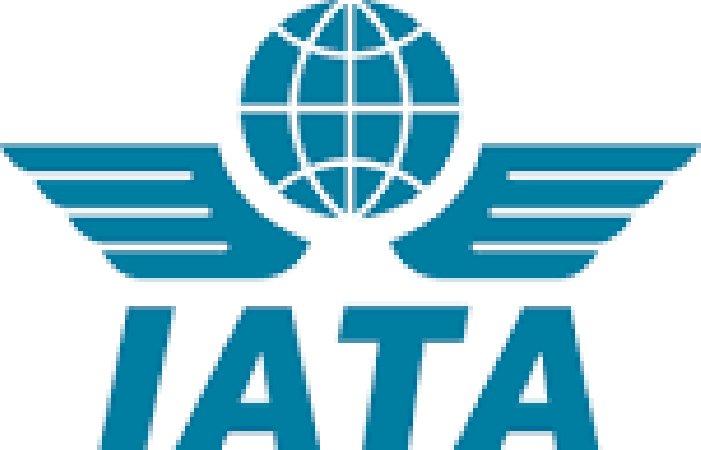17 décembre 2020
Participez au baromètre : Comment combler le fossé entre startups et grandes entreprises?
Qu'est-ce que le Baromètre? Depuis mars 2020, le Mouvement des accélérateurs d'innovation du Québec sonde les startups québécoises afin de suivre leur évolution (état de la situation, enjeux, impacts de la COVID-19, besoins, attentes, etc.). Le Baromètre est élaboré autour de différentes thématiques d'intérêt comme le financement et l'investissement, la réinvention des startups dans le contexte de la relance ou les startups dans la vallée de la mort. Depuis 2014, HighLine Beta, une firme d'innovation pour les entreprises et un fonds d'investissement en amorçage, publie des rapports sur les thèmes de l'innovation corporative et des tendances de marché dans plusieurs secteurs d'activités. Baromètre thématique: Rapprochement startups / moyennes et grandes entreprises MAIN et Highline Beta, en partenariat avec CGT Conseils, présentent le nouveau Baromètre sur la thématique de l'innovation et des partenariats entre startups et moyennes et grandes entreprises. Ce Baromètre aura un format nouveau et unique: il sera présenté en deux pans. D'un côté, les startups seront sondées et de l'autre, les moyennes et grandes entreprises. Le sondage prend fin le 8 janvier et les résultats seront diffusés d'ici début février. Le rapport final présentera les analyses sous forme « miroir » des deux côtés de la médaille. À qui s'adresse ce Baromètre? Deux questionnaires seront donc diffusés en parallèle. Les répondants ciblés sont: Questionnaire startup: jeune entreprise innovante à fort potentiel de croissance. Je suis un.e entrepreneur.e d'une entreprise qui est dans ses premiers stades de développement, qui n'a pas atteint la maturité (bénéfice stable d'année en année) et l'innovation est centrale à notre modèle d'affaires. Questionnaire moyennes et grandes entreprises: entreprise bien établie, de plus de 100 employés et qui a des activités au Québec. Je suis un.e employé.e permanent.e et j'occupe un poste dans lequel j'ai un pouvoir décisionnel sur les questions liées à l'innovation (ex.: membre de l'exécutif, direction de l'innovation, direction des partenariats, etc.). Liens utiles Lien vers le questionnaire thématique Rapprochement startups / moyennes et grandes entreprises établies https://lecoude.com/barometre-startup-moyennesetgrandes-entreprises-accueil/reseau


